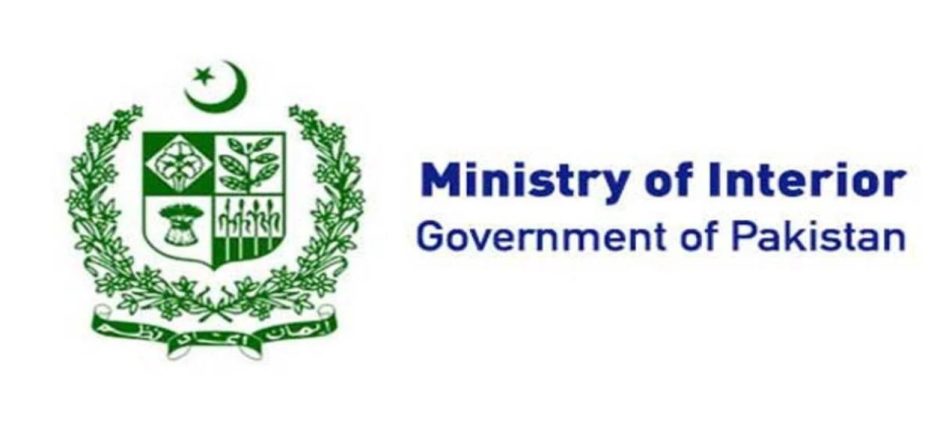The Interior Ministry has introduced new regulations requiring officers to obtain prior approval before holding any meetings with foreign nationals.
According to a circular issued Tuesday, the directive applies to key law enforcement and security agencies, including the Federal Investigation Agency (FIA), the Anti-Narcotics Force (ANF), and the Islamabad Police. The order makes it mandatory for officials to seek clearance from the Interior Secretary before attending either official or personal meetings with foreigners.
The circular further noted that the rule extends to engagements with representatives of foreign missions and international organizations. Any meeting conducted without obtaining prior approval will be treated as a violation of Government Servant Rules, which regulate the professional conduct of civil servants.
Officials argue that the decision is aimed at strengthening oversight and safeguarding national interests. By introducing a centralized approval process, the ministry hopes to ensure transparency in sensitive interactions while also reducing risks linked to unauthorized communication. The move also highlights the government’s efforts to reinforce accountability within state institutions.
Security analysts believe the new requirement reflects broader concerns about external influence and the potential misuse of sensitive information. Pakistan’s ongoing diplomatic challenges and heightened regional tensions have only added to the urgency for stricter monitoring of official interactions.
However, critics of the directive suggest it could create additional bureaucracy, slowing down legitimate cooperation with international organizations and foreign missions. They warn that excessive red tape may discourage meaningful exchanges that benefit law enforcement agencies. Despite these concerns, the Interior Ministry maintains that the directive is a necessary safeguard against risks posed by unsanctioned contact.
The move also underscores the government’s growing emphasis on accountability. Similar themes have emerged in recent global debates on transparency and oversight. For example, Mushtaq Ahmed’s revelations about the treatment of GSF activists in Israeli detention have drawn attention to the importance of institutional integrity and responsible governance in sensitive matters.
As Pakistan continues to navigate both domestic and international challenges, such regulations are likely to play a larger role in shaping how its officers interact with foreign stakeholders. Whether the directive enhances accountability or burdens officials with unnecessary red tape will become clearer in the months to come.











